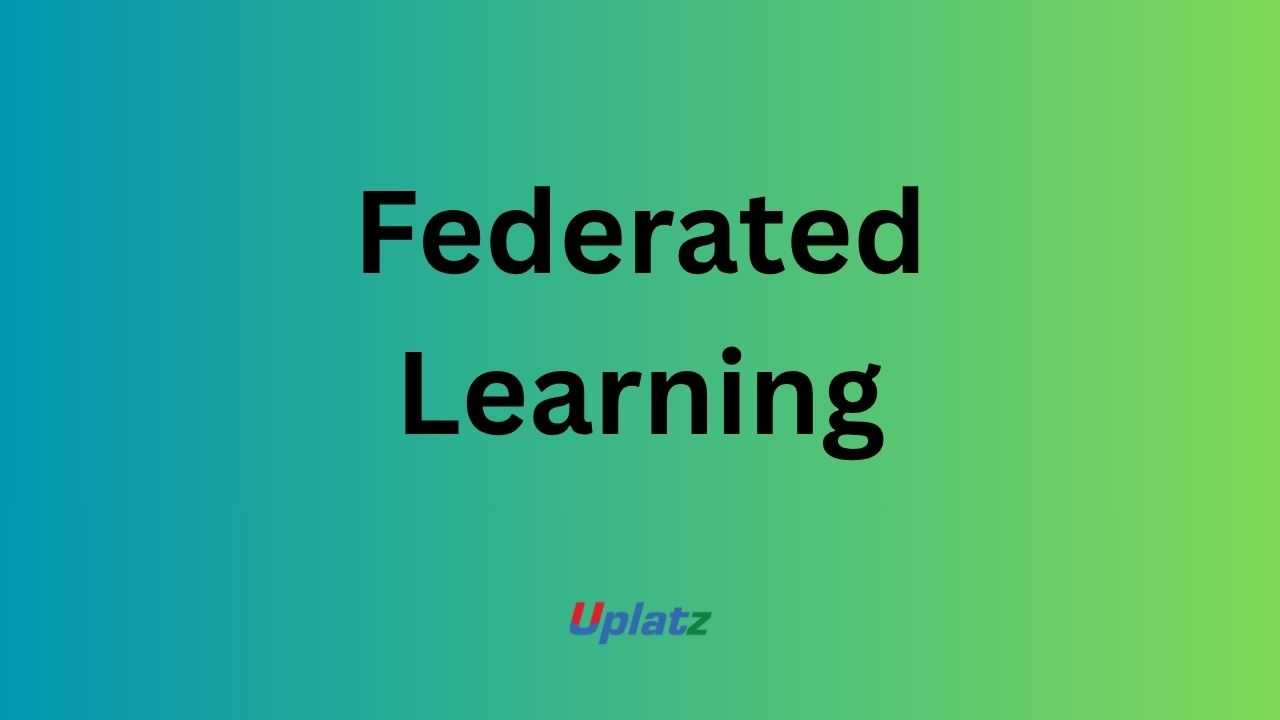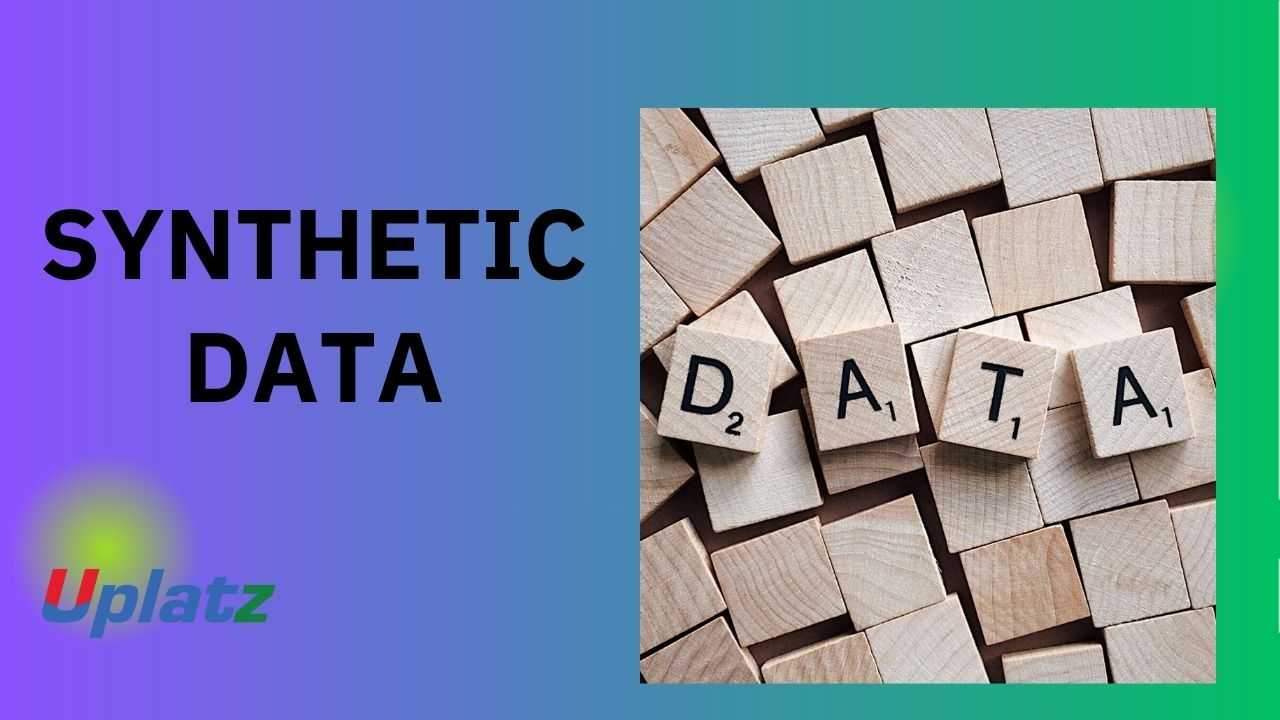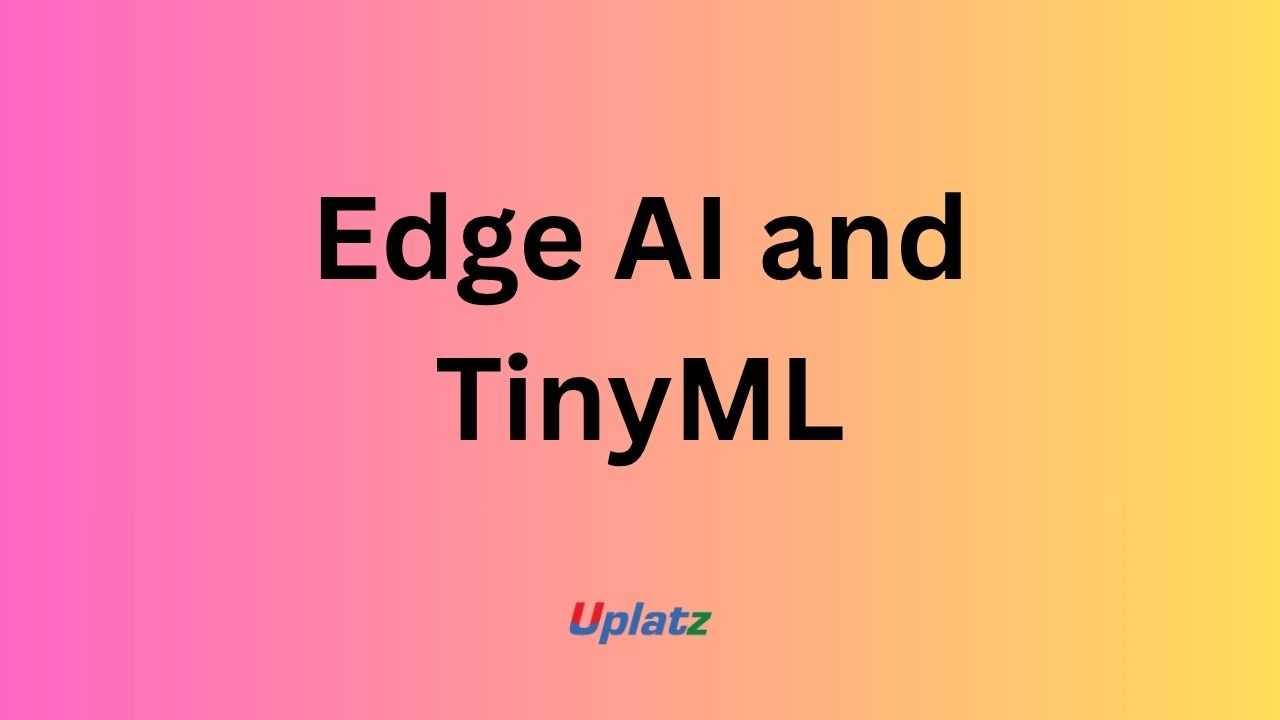Federated Learning
Train Machine Learning Models Collaboratively Without Sharing Raw Data Price Match Guarantee
Full Lifetime Access
Access on any Device
Technical Support
Secure Checkout
Course Completion Certificate
Price Match Guarantee
Full Lifetime Access
Access on any Device
Technical Support
Secure Checkout
Course Completion Certificate
 97% Started a new career
BUY THIS COURSE (
97% Started a new career
BUY THIS COURSE (GBP 12 GBP 29 )-
 86% Got a pay increase and promotion
86% Got a pay increase and promotion
Students also bought -
-

- Synthetic Data: Generation, Applications, and Privacy-Enhanced AI
- 10 Hours
- GBP 29
- 10 Learners
-

- Machine Learning (basic to advanced)
- 65 Hours
- GBP 12
- 4543 Learners
-

- Edge AI and TinyML
- 10 Hours
- GBP 12
- 10 Learners

-
Start with ML and privacy fundamentals.
-
Understand distributed learning and client–server topologies.
-
Implement federated averaging algorithms in Python.
-
Apply privacy-enhancing techniques like homomorphic encryption.
-
Use TensorFlow Federated or PySyft for simulation.
-
Work on real-world case studies in healthcare, finance, and IoT.
-
Complete a capstone project deploying a federated ML model across multiple clients.
-
Understand distributed machine-learning architectures.
-
Learn how federated learning differs from centralised ML.
-
Implement federated averaging and aggregation.
-
Apply privacy and encryption techniques.
-
Integrate differential privacy for secure data sharing.
-
Build FL pipelines with TensorFlow Federated or PySyft.
-
Evaluate model convergence and communication efficiency.
-
Explore applications in healthcare, finance, and IoT.
-
Understand regulatory and ethical implications.
-
Prepare for roles in AI security and distributed learning.
Course Syllabus
Module 1: Introduction to Federated Learning and Privacy Concepts
Module 2: Distributed ML vs Centralised ML
Module 3: FL Architecture – Clients, Servers, and Aggregators
Module 4: Federated Averaging and Optimization Algorithms
Module 5: Privacy-Preserving Techniques – Differential Privacy & Encryption
Module 6: Communication Efficiency and Model Compression
Module 7: TensorFlow Federated and PySyft Hands-on Labs
Module 8: Case Studies – Healthcare, Finance, IoT
Module 9: Ethical and Regulatory Compliance
Module 10: Capstone Project – Deploy a Secure Federated Learning System
Upon completion, learners receive a Certificate of Completion from Uplatz, validating their skills in Federated Learning and Privacy-Preserving AI.
This Uplatz certification demonstrates your ability to implement secure, decentralised ML systems compliant with modern data-protection standards.
The credential aligns with growing demands in AI ethics, data security, and regulatory compliance, making it ideal for professionals in healthcare, fintech, and enterprise AI seeking to leverage distributed intelligence responsibly.
By earning this certification, you’ll prove your expertise in designing collaborative models that respect privacy while achieving global performance goals.
The surge in privacy-aware AI has created a demand for professionals who can bridge ML and data security. Completing this course from Uplatz prepares you for roles such as:
-
Federated Learning Engineer
-
Privacy AI Architect
-
ML Security Specialist
-
Data Governance Consultant
-
AI Research Scientist (Distributed Systems)
Average salaries range from $110 000 to $190 000 per year, with top positions at companies focusing on health AI, fintech, IoT, and edge computing.
This course equips you to implement scalable, compliant AI solutions across organisations, making you a vital contributor to the future of ethical, collaborative machine learning.
-
What is Federated Learning?
A collaborative ML approach where multiple clients train a shared model locally without sharing raw data. -
How does it differ from centralised ML?
Data stays decentralised on devices; only model updates are shared. -
What is federated averaging ( FedAvg )?
The algorithm that averages local model updates to form a global model. -
Why is privacy important in FL?
It prevents data leakage and complies with laws like GDPR and HIPAA. -
What are the main challenges in FL?
Communication overhead, non-IID data, and system heterogeneity. -
How can encryption enhance FL?
By protecting model updates using secure aggregation or homomorphic encryption. -
Which frameworks support FL?
TensorFlow Federated, PySyft, Flower, and OpenFL. -
What is differential privacy?
A method to add noise to data or gradients to prevent information leakage. -
How is model aggregation handled?
The server collects and averages updates from multiple clients periodically. -
What are some use cases of FL?
Healthcare analytics, fraud detection, edge IoT devices, and mobile keyboard suggestions.









